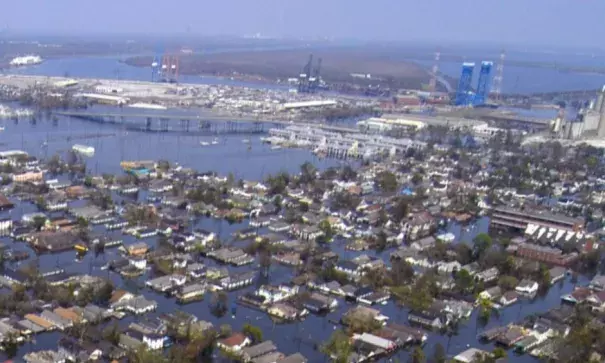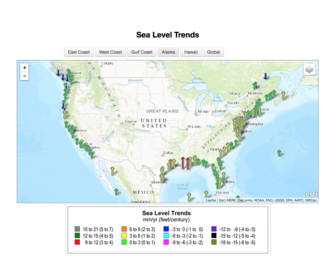A Heartbreaking Hurricane

New Orleans cardiologist Dr. Anand Irimpen began to notice that his on-call nights at the hospital were getting busier soon after the devastation wrought by Hurricane Katrina. It seemed as if many more people were having heart attacks.
He decided to examine the data, and he discovered it wasn’t a fluke. The number of heart attack hospital admissions was three times higher than before the storm, and has not abated, not even ten years later.
“Stress contributes to heart attacks, and we had a major disaster that disrupted the whole city,” he says. “Still, we were surprised, because we didn’t expect a three-fold increase. We were expecting a slight increase, followed by a decrease. But ten years out, we are still seeing a three-fold increase.”
Irimpen, chief of cardiology at Southeast Louisiana Veterans Health Care System and professor of medicine at Tulane University, said many of his patients have spoken to him of their struggles, both from the direct effects of the hurricane, as well as about later obstacles they encountered when trying to rebuild their homes.
...
“It is well-known that those types of social and psychosocial conditions are related to cardiovascular events,’’ says Dr. Richard C. Becker, a spokesman for the heart association and director of the University of Cincinnati Health, Lung and Vascular Institute. “We’ve recognized for many years that there is an acute stress response that can lead to sudden cardiac death, heart attack and stroke.
Related Content



